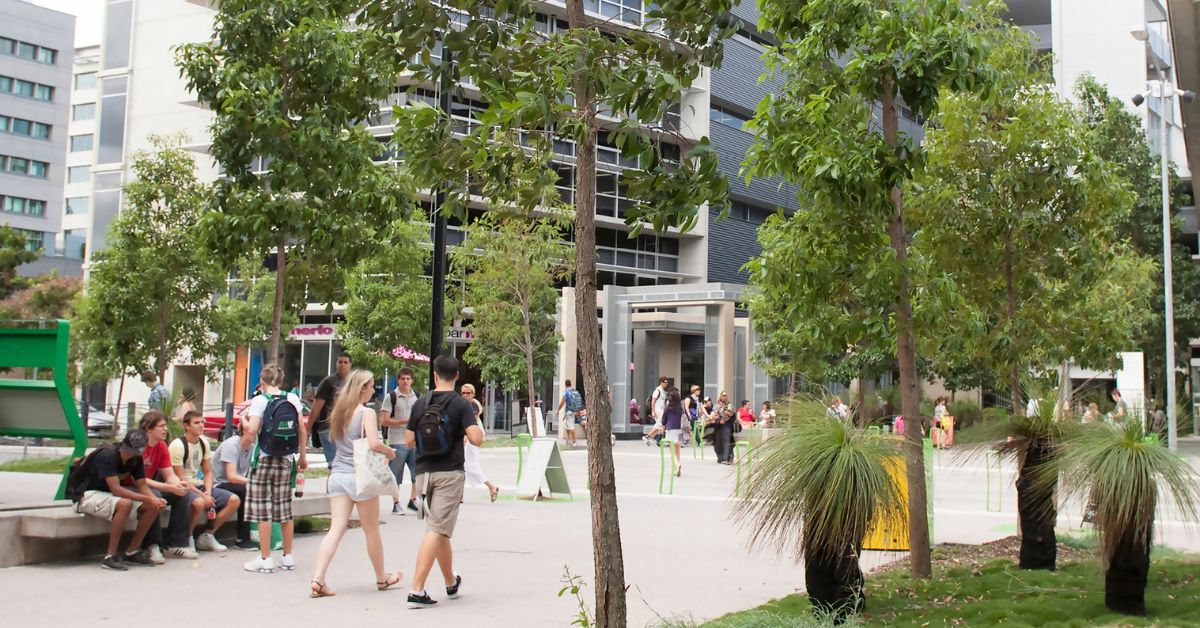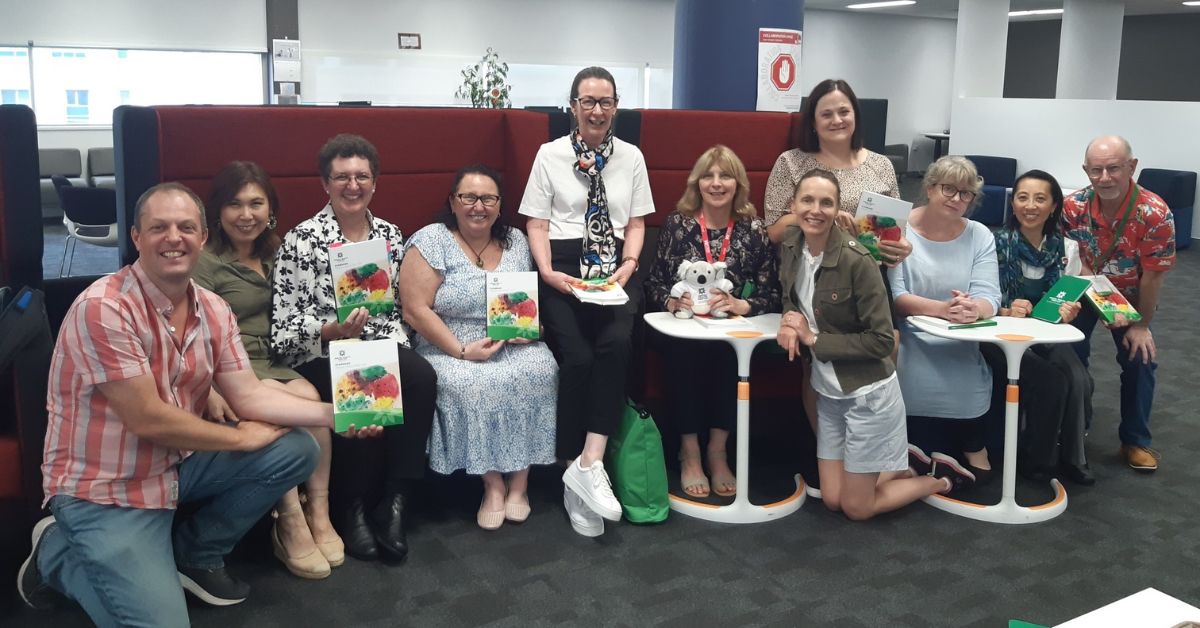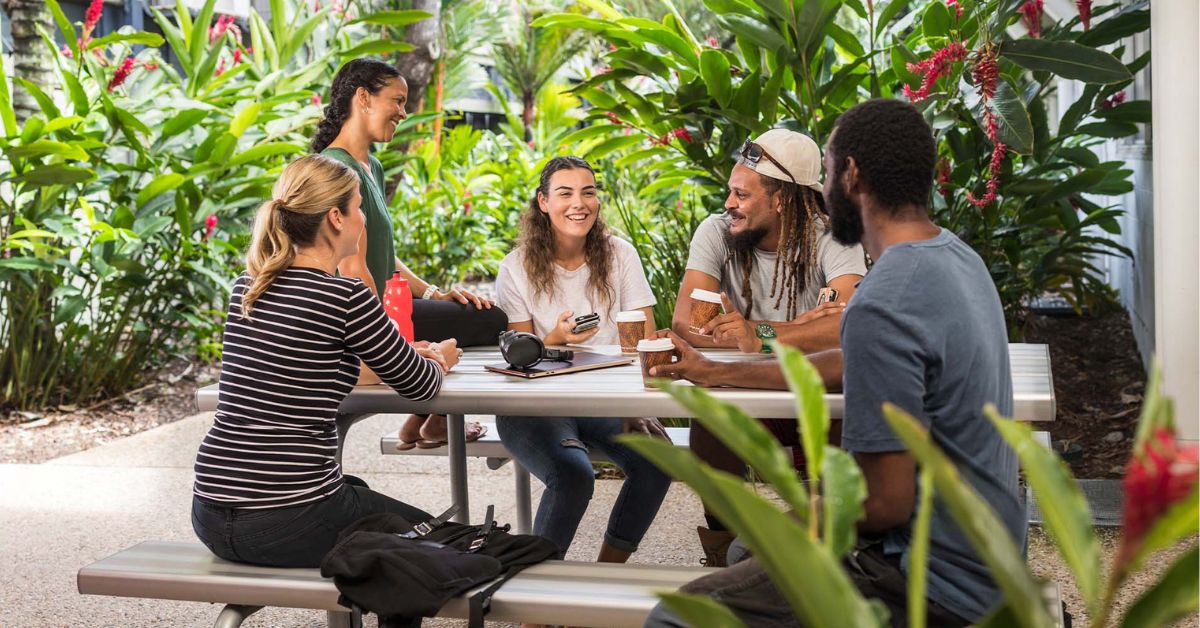TAFE Queensland stands as an educational cornerstone with a rich history spanning over 140 years. Operating across 60 locations, the organisation plays a pivotal role in serving the communities that dot the expansive Queensland terrain. From the vibrant urban centres to the serene regional landscapes, TAFE Queensland’s influence extends far and wide to accommodate the diverse needs of its community, fostering learning and development across the state.
TAFE Queensland also provides vocational education and training and English language services to international students from around 90 different countries studying abroad in Queensland, alongside the delivery of a range of programs and services to clients globally. In addition, the organisation manages the Australia Pacific Training Coalition (APTC) on behalf of the Department of Foreign Affairs and Trade (DFAT).
Recognised as Large Training Provider of the Year at the 2023 Australian Training Awards, TAFE Queensland supports over 125,000 students and offers more than 400 practical, industry-relevant vocational courses from entry-level certificates to bachelor’s degrees. As part of their core organisational value of “Safety first”, TAFE Queensland embraces the responsibility of supporting the wellbeing of its community, understanding that the most effective learning environment is one in which mental health of its people is prioritised.

Finding the right training to support mental health
In 2020, in response to a growing number of enquiries from staff as to how best support the increasing number of students disclosing mental health problems and illnesses, TAFE Queensland launched its Mental Health and Wellbeing Strategy, headed by Strategy Manager Brandon Taylor. Underpinning TAFE Queensland’s Mental Health and Wellbeing Strategy was a commitment to understanding and addressing the challenges faced by staff. Through consultation with staff, various initiatives and programs were identified to enhance wellbeing, build resilience, and provide support for addressing mental health disclosures in the workplace.
“Mental Health First Aid® training was the most obvious program to address the disclosure of mental health problems, particularly from our students to their teachers and trainers. But it also became clear that the skills to respond to colleagues in the workplace and the ability to recognise signs and symptoms of mental health problems were equally important.”
Through consultation with Mental Health First Aid Australia, the institution opted for the Standard Mental Health First Aid (MHFA®) course in recognition of the diverse student population.
“Almost 50% of our students and apprentices are under 25 years of age, however we have a large cohort of adult students up-skilling for industry skills, new and emerging industries and those making career changes.”
The Standard MHFA course focuses on equipping adults with the skills, knowledge and confidence to support other adults who may be experiencing a mental health problem or mental health crisis.
“Mental Health First Aid training was the most obvious program to address the disclosure of mental health problems, particularly from our students to their teachers and trainers.”

Mental Health First Aid training at TAFE Queensland.
From little things big things grow
The MHFA training program at TAFE Queensland started small, with a limited number of staff trained in MHFA in local areas. A challenge in building momentum was the logistical constraints such as availability, operational demand, and balancing the training around core business activities.
The development of their Mental Health and Wellbeing Strategy was pivotal in gaining the support of senior leadership and, subsequently, an understanding of the value and myriad benefits that MHFA training can bring to a large vocational education and training provider like TAFE Queensland. Management commitment across TAFE Queensland locations led to the expansion of MHFA training state-wide, with coordinated approaches to target staff most in need of the training.
TAFE Queensland’s MHFA training program was initially focused on equipping teachers and industry trainers with the skills to recognise and respond to mental health problems. Since then, it has also extended to include managers, team leaders, customer service and administrative teams to increase the safety net of support available to staff, contractors, visitors and students alike.
With a focus on delivering the training in-house, TAFE Queensland has currently trained 11 staff across the state to become MHFA Instructors. Bringing these skills in-house has enabled them to offer regular, targeted and accessible MHFA training to identified staff.
In the first year of their MHFA program, TAFE Queensland trained more than 420 staff, with word-of-mouth recommendations helping to broaden the reach of the training. Brandon would like to see every teacher and trainer across TAFE Queensland have the opportunity to attend MHFA training.
“Within the courses, our staff have shared many prior experiences and interactions related to the disclosure of mental health problems. It is clear that such experiences can impact a person’s own wellbeing and having the opportunity to adopt an evidence-based approach has been very welcomed.”

A proactive approach to mental health in the tertiary sector
The impact of the MHFA training has been profound, with the courses resonating strongly with participants. Having the courses delivered by TAFE Queensland’s own Licensed MHFA Instructors means they can draw from real experiences in a shared context, and in a way that is reflective of the institution’s business, terminology and environment.
“It has become very clear that the increasing prevalence of mental health problems, and the very common nature of depression and anxiety, means it is highly likely that our staff will encounter students or colleagues experiencing a mental health problem.”
“There has been a very clear expression of appreciation from participants that our organisation is taking a proactive approach to the wider challenge of mental health and wellbeing in the tertiary sector.”
Anecdotal feedback shows that the impact of the training extends beyond the walls of the workplace with staff reporting that the MHFA Action Plan taught as part of the course has helped them to support their own loved ones.
Brandon first trained as a Mental Health First Aider® (MHFAider®) in 2015. Seven years later, he pursued further training as an Instructor, allowing TAFE Queensland to deliver the training in a more coordinated approach. During this time, Brandon says that the demand has increased, with courses filling well in advance.
“It is definitely the case that we are seeing more students across TAFE Queensland experiencing and disclosing mental health problems, but also ourselves as staff in all roles across our business who experience the many common mental illnesses or difficult times in life.”
“Each course highlights the extent of mental health challenges that our staff encounter through their roles and the appreciation expressed for developing the skills in how to respond with confidence.”
“MHFA is now seen and regarded as a ‘must have’ within our organisation for teachers and trainers, and our team leaders and managers are actively asking to attend.”
Growing the MHFA community across TAFE Queensland
With 11 in-house Licensed MHFA Instructors, the TAFE Queensland team has placed a strong emphasis on ensuring those Instructors are supported. A dedicated Teams channel and monthly catch ups provide spaces for the Instructors to discuss best practices, share useful resources and answer tricky questions. Their MHFAiders also have their own dedicated Teams channel to ask questions and they can speak with Instructors as key contacts for MHFA-related support.
As the community of MHFAiders continues to grow, TAFE Queensland will look to expand the events and opportunities for MHFAiders to connect and share experiences. The organisation is committed to protecting and enhancing the mental health and wellbeing of all staff. With access to a high-quality Employee Assistance Program, an extensive catalogue of online support, resources, eLearning modules, mindfulness programs and practical monthly webinars, staff are well equipped to manage the pressures of life and work.
As the institution looks to the future, Brandon says, it hopes to expand its training program to include Aboriginal and Torres Strait Islander MHFA courses for staff who predominately work in First Nations communities and training roles. In addition to enhancing the cultural safety and reach of the training, TAFE Queensland is also looking to expand its geographical footprint, planning course delivery for their staff in regional and remote areas of Queensland.
With over 4,000 staff – 40% of whom are employed outside of Southeast Queensland, in regional and remote areas – TAFE Queensland hopes that the training will become further embedded in the fabric of the institution to make sure staff are equipped with the skills to provide support when it matters most.
Brandon says that these plans to strengthen the reach and impact of TAFE Queensland’s MHFA training program reflect not only the institution’s commitment to putting the safety – and in particular the mental health and wellbeing – of its community first, but also the community’s commitment to being part of the solution.
“MHFA is now seen and regarded as a ‘must have’ within our organisation for teachers and trainers, and our team leaders and managers are actively asking to attend. We want to achieve status as an MHFA Recognised Workplace and hope to progress this soon.”
Nominating a staff member to become an Instructor can be a cost-effective and sustainable way to deliver MHFA training on an ongoing basis. Learn more by exploring our Mental Health First Aid Instructor Training Courses.
For more information on a variety of available Mental Health First Aid courses, please see Our Courses.


